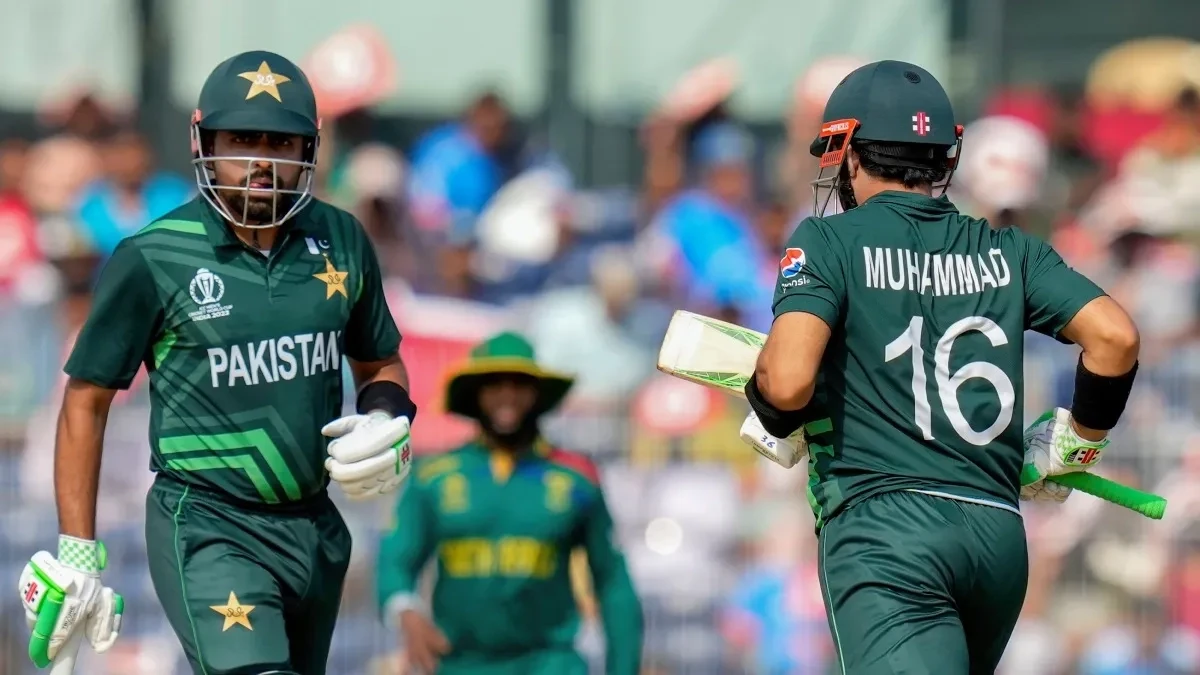New Delhi, Sep 11: Once hailed as the backbone of Pakistan cricket, Babar Azam and Mohammad Rizwan find themselves out of the T20I setup during the ongoing Asia Cup 2025.
Neither injury nor rest explains their absence – instead, the selectors have chosen to move forward with fresh faces. The decision marks a dramatic shift, given that both Babar and Rizwan were until recently the faces of the team across formats. Asia Cup 2025 Special Page | Points Table | Stats
Mohsin Khan: “Babar Needs Support, Like Kohli Had”
Former Pakistan batter Mohsin Khan believes that while Babar remains a world-class batter, he lacks the kind of strong supporting cast that helped elevate Virat Kohli’s career.
“Babar isn’t a bad batter, but you need a clutch of quality players around him. Look at Virat – in Tests he had Pujara, Rahane, KL Rahul. In ODIs, Rohit Sharma and Shikhar Dhawan were there. A great player becomes even greater when surrounded by strong teammates,” Mohsin said.
He also warned against excessive pressure on the duo. “If you’re always expected to score centuries every match, it’s unrealistic. During our time we had Majid Khan, Javed Miandad, Zaheer Abbas, Saeed Anwar, Inzamam-ul-Haq, Mohammad Yousuf, and Younis Khan. Right now, there is a big gulf between Babar and the rest.”
Wasim Akram: “Time to Move On”
Legendary fast bowler Wasim Akram feels the decision to drop Babar and Rizwan was a conscious step toward building a fearless young side. “They’ve had enough chances as openers for 4-5 years. They did well, but not consistently enough. That’s why the selectors turned to youngsters. They don’t play with the fear of losing, and that’s important. They may fail, but they have the right mindset. Salman Agha is doing well as captain,” Akram said on Sony Sports.
A New Chapter for Pakistan
The absence of two stalwarts signals a bold new chapter in Pakistan cricket. While Babar and Rizwan’s futures remain uncertain, the youngsters have an opportunity to prove themselves on the big stage. The Asia Cup is now a testing ground for Pakistan’s long-term transition.
